DXC EVP Mike Nefkens And CTO Dan Hushon On The AWS Opportunity, HPE Relationship And Competing Against Global Systems Integrators
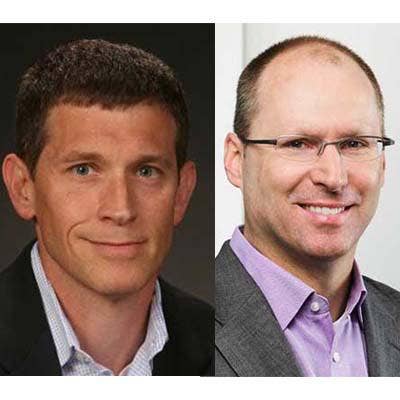
Welcome to the New DXC Technology
DXC Technology is looking to introduce key vendors like ServiceNow and Oracle and sell more Amazon Web Services into the legacy HPE Enterprise Services customer base.
That's the message from CTO Dan Hushon and Executive Vice President Mike Nefkens, who will lead DXC's sales and business development efforts. DXC officially opened for business Monday with 170,000 employees and $26 billion of annual sales after the close of the CSC-HPE Enterprise Services merger.
Nefkens and Hushon addressed what DXC's relationship with HPE will look like, DXC's biggest differentiators versus its systems integrator competitors, and gains for the legacy CSC customer base around virtual desktop infrastructure and the Microsoft enterprise productivity tool suite.
Read on to learn more about DXC's digital transformation efforts.
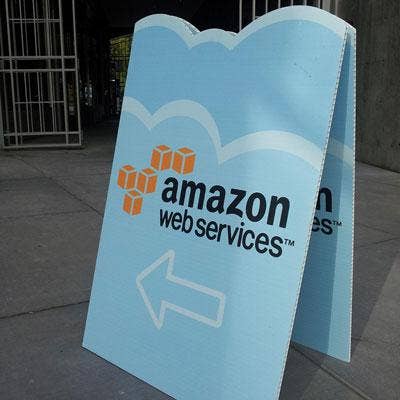
What major vendors will HPE Enterprise Services customers be getting more access to?
Nefkens: The best example I like to give is Amazon Web Services. Because of the relationship HPE has with Microsoft, HPE Services was much slower to adopt Amazon Web Services than CSC was.
CSC has an amazing relationship with both AWS and Microsoft. And what we're going to see is much more of a balancing of those two in our portfolio, versus where beforehand, we were probably 90-10 on the HPE side with Microsoft versus Amazon. I would tell you that CSC is much more 50-50. So we're just going to see more balance and more choice for our customers, which creates a healthier environment, meaning that we're going to be able to ensure both quality and price for our customers.
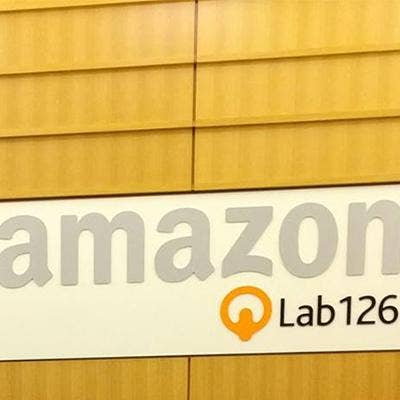
What level of interest did you see in AWS from the existing HPE ES customer base?
Nefkens: Huge. I'm coming from the HPE side, and I'm just jumping up and down about being able to offer AWS to our customers.
It would have taken HPE alone probably two to three years to develop the relationship which CSC has with AWS now. So this is just a lightspeed jump for us. And Day 1 – today – we are pushing out a lot of these offerings directly to our customers. So this is starting today, and it's going to feel different to our customers.

What are the biggest changes partners should expect with the launch of DXC Technology?
Nefkens: We've been working this for almost nine months, and today was just a huge day for us launching the new company. It's just a new identity for customers, for shareholders, and for employees. The biggest change that our customers are going to see from us is [that] the HPE customers in particular now are going to get access to a much deeper set of partners. Partners that, from an HPE perspective, that we just didn't have like ServiceNow, Oracle, etc.
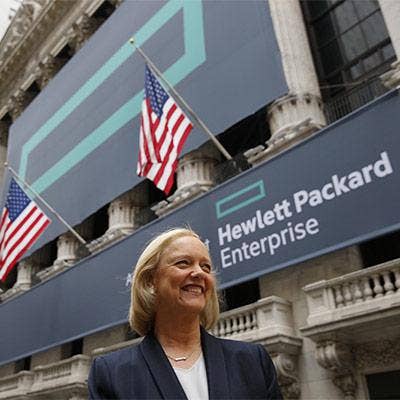
What relationship will DXC have with HPE?
Nefkens: It's about choice. So I want to make sure that I'm clear: HPE will be prime in a lot of our solutions. But access to other vendors almost forces HPE to be more competitive from a quality and a price perspective going forward as well. I want to make sure we're clear that HPE is a premier partner of ours. A lot of our solutions are HPE prime. But we have customers where, if they do choose a ServiceNow or others, they're going to get that choice as well.

What's being pushed out to the customers specifically around AWS?
Nefkens: It's just the private cloud offering for AWS, which is kind of the stepping-stone to their public cloud. So we're offering both of those. We're offering the ability to start to move into the AWS environment and to start to shift workloads right away to AWS, especially where a lot of our customers haven't already.
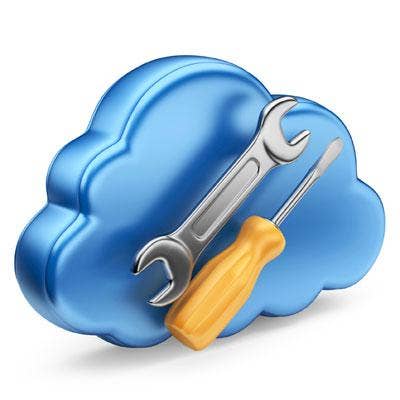
What capabilities does CSC have around onboarding AWS customers?
Hushon: CSC has done a relationship with Racemi to accelerate infrastructure or operating migrations to Amazon, a very, very inexpensive and very capable environment to quickly get them into the franchise. We have a full set of managed services around how we actually both deploy and optimize, and secure, Amazon services. But we also have a cloud access and security broker architecture to help get through any of the regulatory hurdles associated with access control and appropriate regulated configurations. So all of those pieces are in the CSC portfolio, which really rounds out what it takes an enterprise to adopt the Amazon cloud platform. So we've been really investing in a lot of those areas.
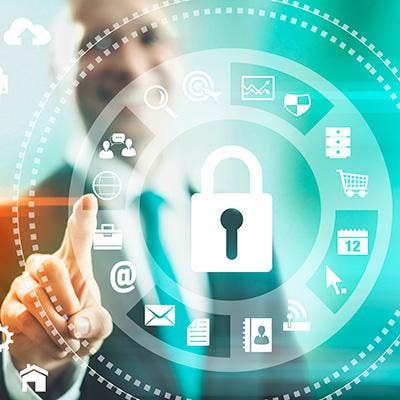
What about from a personnel standpoint?
Hushon: In addition to that, we have well over 1,000 certified Amazon cloud staff. And many of those – a large percentage – are with professional certificates. What may not be known is that this takes about four to six months to get, and it is a very intensive continuous education program from Amazon. That's really saying, 'Look, we have the trusted advisors now at DXC to drive this.'

What are the biggest areas of gain for existing CSC partners?
Hushon: There are lots of areas of gain. I think one of them really speaks to scale. A very sizable cloud business from HPE. And as you know, cloud is a scale business. So the more you scale, the more you invest in continuous improvements, and the better service our clients are going to get. So that business is huge. I think our workplace business is one where HPE had potentially a bigger and better relationship with clients, both in the VDI [virtual desktop infrastructure] space, which is very, very critical, but also in the enterprise productivity tool suite with Microsoft and others. I think both of those things are really going to add a lot of capability to our portfolio in the market.

What about from a vendor relationship standpoint?
Nefkens: The CSC customers also now are going to have access to a much deeper relationship with HPE and HP Inc., which both are premier partners for us. So that is something that is good for HPE and HP Inc., as well as our customers.

What's the strategy for upselling digital to customers?
Nefkens: It's a couple of things. We are not signing up for any more traditional deals that don't have digital included. That's a big statement. We are signing up for both. The second thing is, it's all about skills now. It's not about labor arbitrage anymore. We have trained our sales teams – we have a program called Spartans, where our sales teams are now trained in these digital offerings.

How successfully have the companies sold digital in the past?
Nefkens: At least on the ES side, we'd been playing defense for many years. And we're playing offense now. The brand, the excitement around what we're seeing in the market right now. And plus, the CIOs out there really, really need access to world-class skills, and they just don't have them internally anymore. We have 170,000 employees, and we're training them, and we're seeing a big difference here. So it's all about just getting out there and playing offense.

How many deals today are just traditional without a digital component?
Nefkens: Very few now. Once in a while, we'll get the weird ask of 'mess for less,' which is 'take over my traditional stuff for less,' and we just won't participate. We'll leave that to the Indian firms.

What are your biggest differentiators versus the global systems integrators?
Nefkens: So our biggest competitive differentiator is scale. Our customers – typically large, multinational customers – need access to skills in all of the locations where they are. They need access to scale to help them unravel the old traditional, and move them to the digital. And we have the skills on both the unraveling, and on the traditional, and the partnerships that sit behind it to really be able to execute. I think the Indian firms, and I think Capgemini, are really great at point projects. But nobody can do large programs at scale like we can.
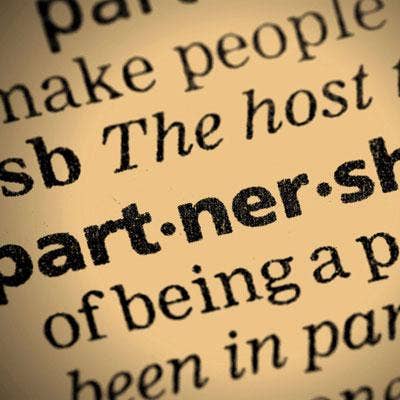
How will HPE ES partners benefit from getting access to a deeper set of vendors?
Nefkens: This is all now about technology independence. It's about bringing the best solution to our customers regardless of hardware or software. It's all about the best partner. And that basically opens up a new world of technology and improved solutions for the HPE customer base. And then on the CSC side, obviously what those customers are getting is much greater scale. They get access to a much deeper delivery network. So this truly is a win-win for both sides.
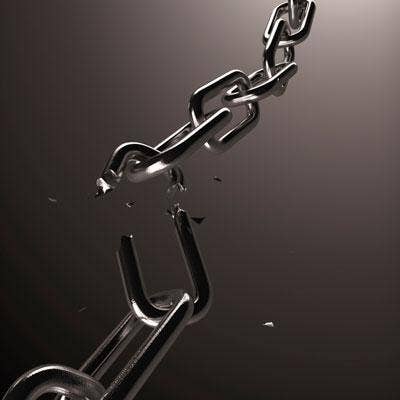
What's the value of technology independence?
Nefkens: What technology independence does is allow you to keep up with the best-in-breed product, versus a set product in a solution that may be second, third or fourth. And it always allows us to bring choice to our customer, number one, and number two, it just allows us to ensure that we've got the best product in our solution. So that's really the high-level theme.

Are CSC's capabilities available to HPE Enterprise Services customers today, and vice versa?
Hushon: The whole portfolio is available on both sides to all sellers and all clients on day 1. And we've spent a huge amount of time in the lead up to this to get everyone trained, to get the offering portfolios integrated, to get the sales collateral built and priced, to get the sales team trained, and to position strategic planning in some clients to really then, based upon that training, take one route or another into the client base. So we've been doing a lot of planning.

What did the planning work leading up to today's close entail?
Nefkens: Over the past last months, we've gone from a combined set of offerings of about 500 down to 84 offerings and nine offering families that we are launching officially today and have been training our people on. So what Dan [Hushon] said is really the output of that work that we've done over the last nine months.
Hushon: Just much simpler for our customers, much simpler for our sales teams, and it's going to really allow us to be effective in the market.

What were you evaluating when deciding which offerings to keep?
Hushon: First off, we had a lot of overlap. So the first step was just eliminating overlap. Step number two is I think we did have a lot of what I would call secondary offerings. And what we did is, let's say we had four workplace offerings. We made a decision to go with one or two, to really streamline that, and to go with best-of-breed for our customers. We're making a shift from building what our customers ask us to build custom, to much more of a standard offering with the right technology solution and the right partnership standing behind it. So it's a definite shift in how we go to market.

What's the game plan regarding promoting cross-sell opportunities to customers?
Nefkens: What we're trying to focus on now is upsell. We want to help our customers with their traditional environment. We want to help them take costs out of the traditional. But we're not just signing up for the traditional. If we're going to get costs out for our customers, we want to upsell to the digital offerings. And that way, we have a complete value proposition, which allows us to get 3, 4, 5 percent annually out of the traditional.

What happens after the traditional cost take-out is achieved?
Nefkens: Then we can create tremendous value with them in shifting to digital. And we're seeing a rapid adoption from our customers in signing up for both. So that's the difference. So this isn't about, we've got a traditional offering. Let's just cross-sell into somebody else. This is about upselling into the digital offerings where we can just really drive exponential value for our customers.

How will legacy CSC partners benefit from the merger?
Hushon: From CSC's perspective, we're gaining a lot more depth and a lot more breadth. We are filling out a robust solution catalog that we drive into the marketplace called our offerings and our offering families. Probably the biggest change will be one of increased focus. We recognize that there are really about six key things clients are asking us for over and over in their transformational journeys. They want to operate their business in a cloud and as a cloud, they want to become information-driven businesses, they want to streamline processes both on the front office and back office, they want to be able to build consumer-friendly apps for both consumers and their employees that increase productivity by several fold.

What about around security?
Hushon: Together, we're going to have about a billion-dollar security business, which will be best-in-class. And again, as we looked across the portfolios, we were investing in different areas but complementary. So we're going to see a much more complete catalog even there. This is giving us an opportunity to really substantially better address our clients' needs as they try to transform themselves into 21st-century organizations.

What's your biggest weapon in driving consumption and subscription-based business?
Nefkens: CSC has been working with our strategic partnerships to really set up utility elastic contracts both for infrastructure as well as services with a majority of our partners. So that piece of work comes right in through the partner landscape and makes it available to us to drive that into a subscription or utility model with our clients. The last piece is really the key plays that we're operating.

What key plays are you making around a utility-based model?
Nefkens: Operating new business in the cloud is really all based upon an information-driven business. It's really about an outcome-based business. We're fully prepared now with a balance sheet and capabilities to move to outcome-based businesses, or subscription-based businesses with our clients, and have actually re-invested a brand new organization around business process services to help us get there even faster.

Are there other keys to be successful with recurring revenue business models?
Hushon: The other key to be able to do subscription-based and consumption-based business is you can't build it for a customer on its own. It has to be at scale, it has to be out there already to tap into. Just to give you an example of our virtual private cloud – our VPC – we've got 19 VPC cores across the globe. Our security operation centers – we have 14 security operations centers. Those are things our customers can tap into, and we can sell on a subscription or consumption-like basis. So again, you need the scale; you need the engineering, you need the assets in the ground to be able to be effective at it.
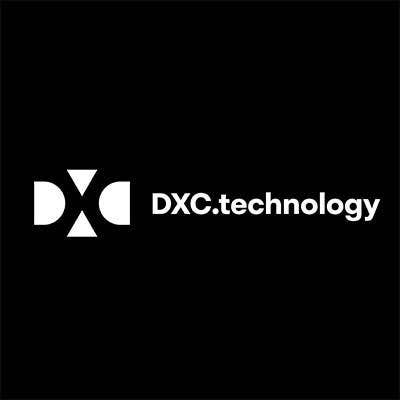
Is there anything else you'd like customers to know?
Nefkens: We're all juiced, and these are just truly, truly exciting times for us. We're really stepping in to provide a different kind of service right now. We've really listened to our customers over the last year about what they want and what they need, and we have molded this company to really be able to fill that gap.